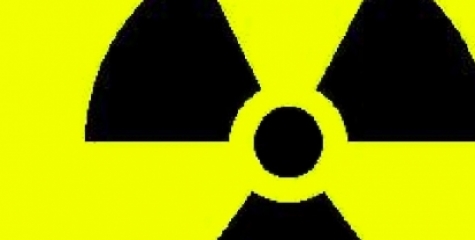WI-WE Progress
| Progress: 91.88% WWI-WE Version: 2 | |
| 0 | mandatory questions pending |
| 19 | questions total |
| 17 | questions answered |
| 17 | questions completed |
| 2 | questions pending |
Mapping Weak Signals
Inspired by: workshops/meetings » Increasing negative attitudes of societies towards nuclear energy

Originally submitted by: Ondrej Valenta
List of all contributors by versions (mouse over)
Last changed by: Maurizio Sajeva
WI-WE status:
.png)
